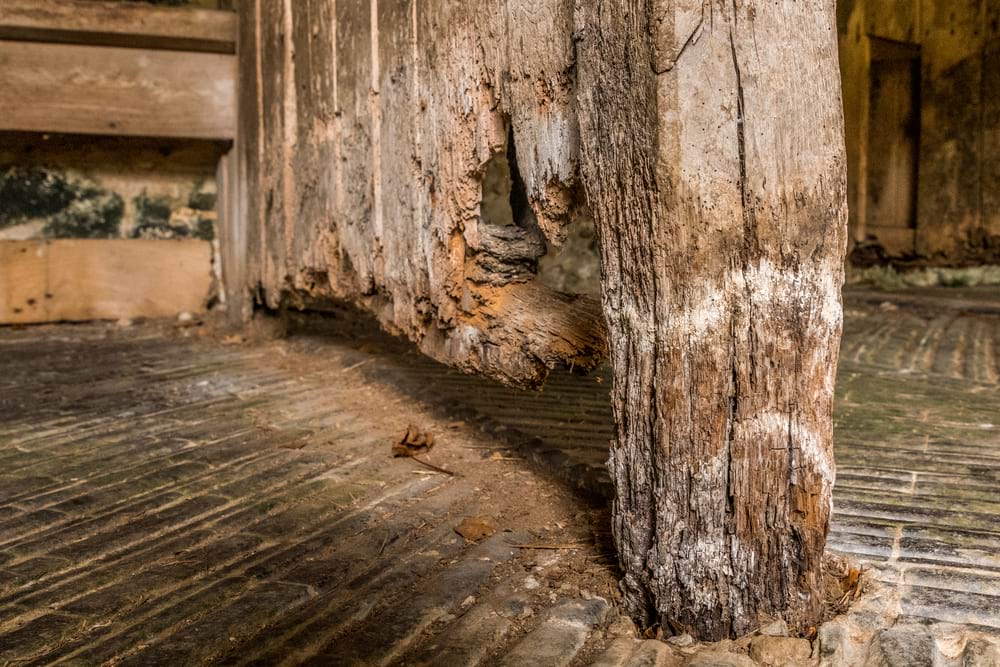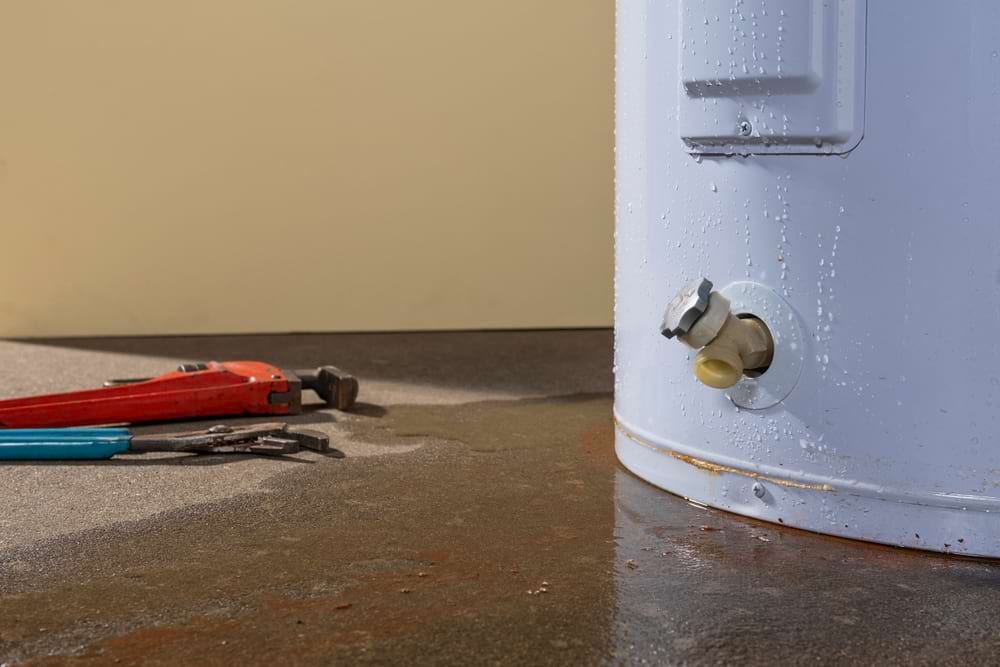Housing restrictions exist for several reasons.
Each has its own processes and nuances.
Local authorities will ultimately enforce them. However, who raises the issue regarding a restriction can vary.
Read on to find out more.
Restrictive covenants
A restrictive covenant is placed on a property to prevent owners from making certain changes.
For example, if the property is a listed building or in a conservation area, a covenant could stop the owner from extending it in a way that visually clashes with the surrounding buildings.
When you buy a home your conveyancer should make you aware of any restrictive covenants.
If you sell a home that breached a restrictive covenant, you could be forced to return the property to its original state. This could mean taking down any unauthorised work you’ve carried out, including extensions.
Covenants can go back a long way and stay with the property as it passes from owner to owner.
You can buy indemnity insurance to protect you if it’s believed a breach occurred before you took ownership of the home.
Who raises restrictive covenants?
Restrictive covenants are typically raised by the original or a previous property owner. It is often written into the property’s title deeds.
However, neighbours or local councils can sometimes enforce these covenants if they are affected by or benefit from the restrictions.
Tenants in common
When two or more people buy a home and own it as tenants in common rather than joint tenants, a restriction is added to the title deeds.
Tenants in common have equal shares in a property and can pass on that share to whoever they wish.
Joint tenants, on the other hand, have equal rights to the whole property and pass ownership to each other if they die.
In the case of tenants in common, the restriction stops a home from being sold without the money being fairly distributed between all owners.
It also prevents a co-owner from selling a home if another owner has died without the permission of those inheriting their share.
It’s not unusual to own a home in this way, and your conveyancer should ensure that the restriction is complied with properly.
Restrictions and debt
In some cases, creditors can put a restriction on a home.
IVAs
An individual voluntary arrangement (IVA) is a form of insolvency that involves repaying only part of a debt.
If you have one of these, a restriction will probably be placed on your home, stopping you from selling it without the permission of your creditors.
Insolvency practitioners will be notified of attempts to sell properties with IVA restrictions. And the seller will be expected to pay their creditors any money they make.
An IVA runs for five or six years. Once it is finished, the restriction should be lifted. So, it may be better to wait until it’s over to consider selling your home.
Creditors using charging orders
Similarly, a creditor can secure your debt against your home using a charging order. They can only do this if they already have a county court judgement (CCJ) forcing you to repay your debt.
They will have to apply to the court again for a charging order. Initially, an interim charging order will appear, restricting you from selling your home while it is being considered.
The final charging order changes joint tenants into tenants in common so that any debts are only taken from the share of the property owned by the person in debt if it is sold.
Charging orders do give creditors the right to try and force you to sell your home to cover your debt, although this is very rare.
What are your options?
Sometimes selling your home before you are the subject of an IVA or charging order is a better way to get on top of your finances.
This will depend on your circumstances and there are lots to consider, in particular where you will live next. Selling won’t be right for everyone.
But if you want to avoid the broader repercussions of IVAs and charging orders, such as the impact on your credit rating, equity release from your home is one option.
Alternatively, if you’ve finished your IVA period and no longer have any restrictions on your home, you may want to sell your house fast to access cash.
We Buy Any Home’s cash buying services
If you want to sell your house fast to access cash, We Buy Any Home can help.
We buy any property in as little as seven days if necessary. That means your mortgage payments will quickly stop, which isn’t the case when long unpredictable chains are involved in a sale.
Working with us you’ll have no estate agent fees to pay and we cover all solicitor costs. Get in touch if you think we can help.




















